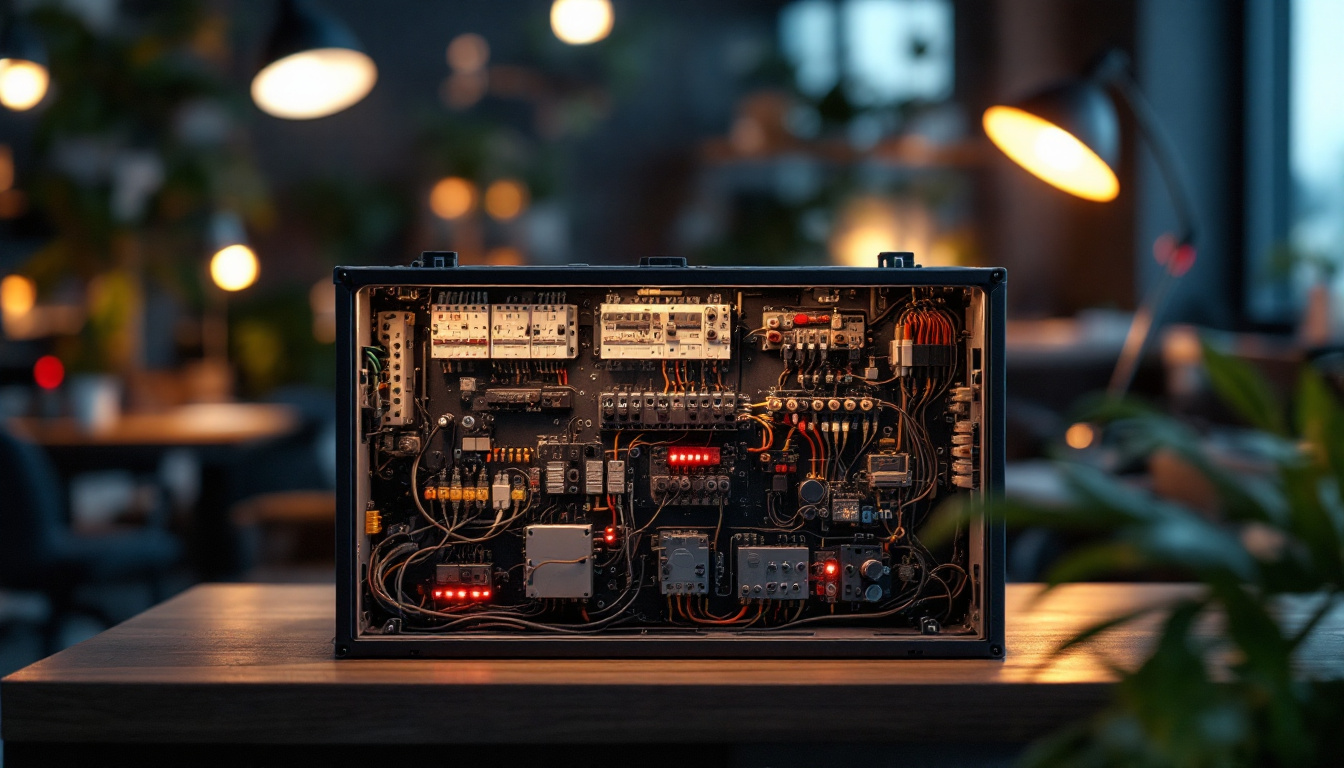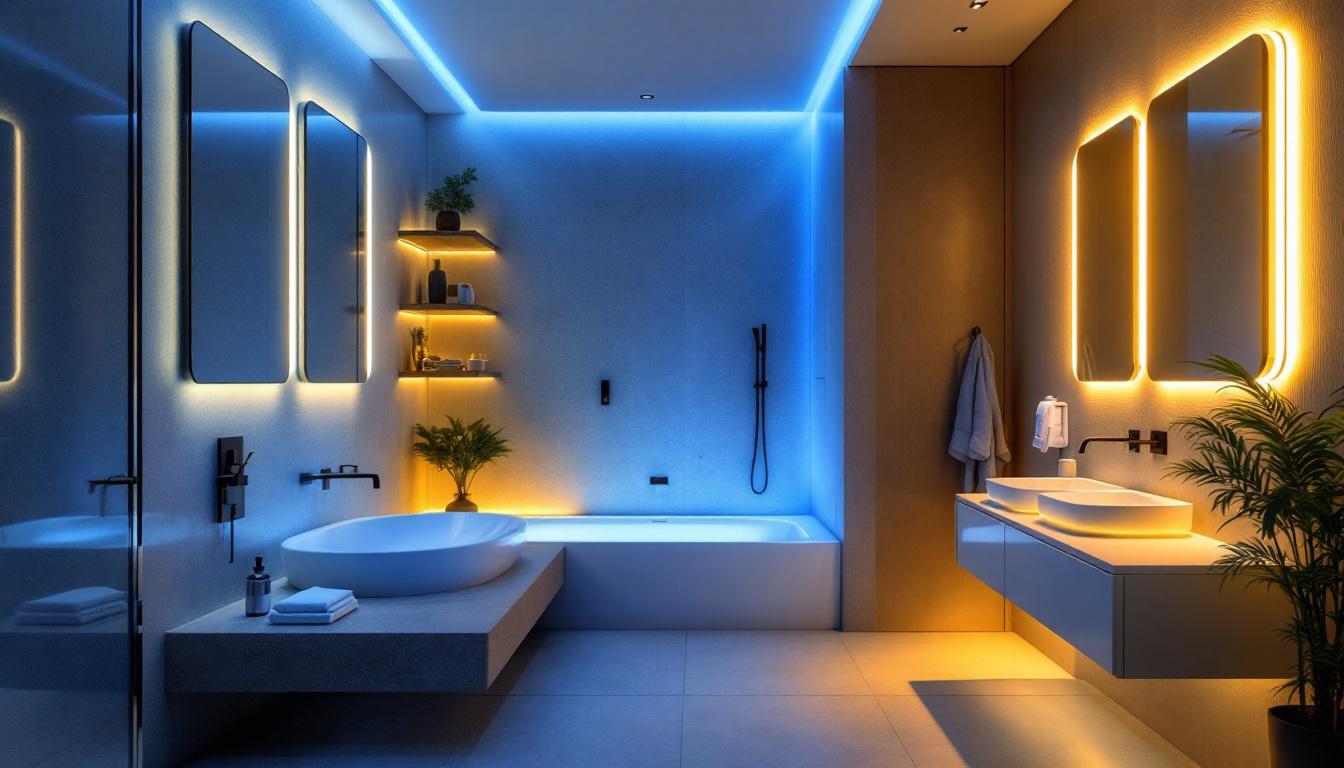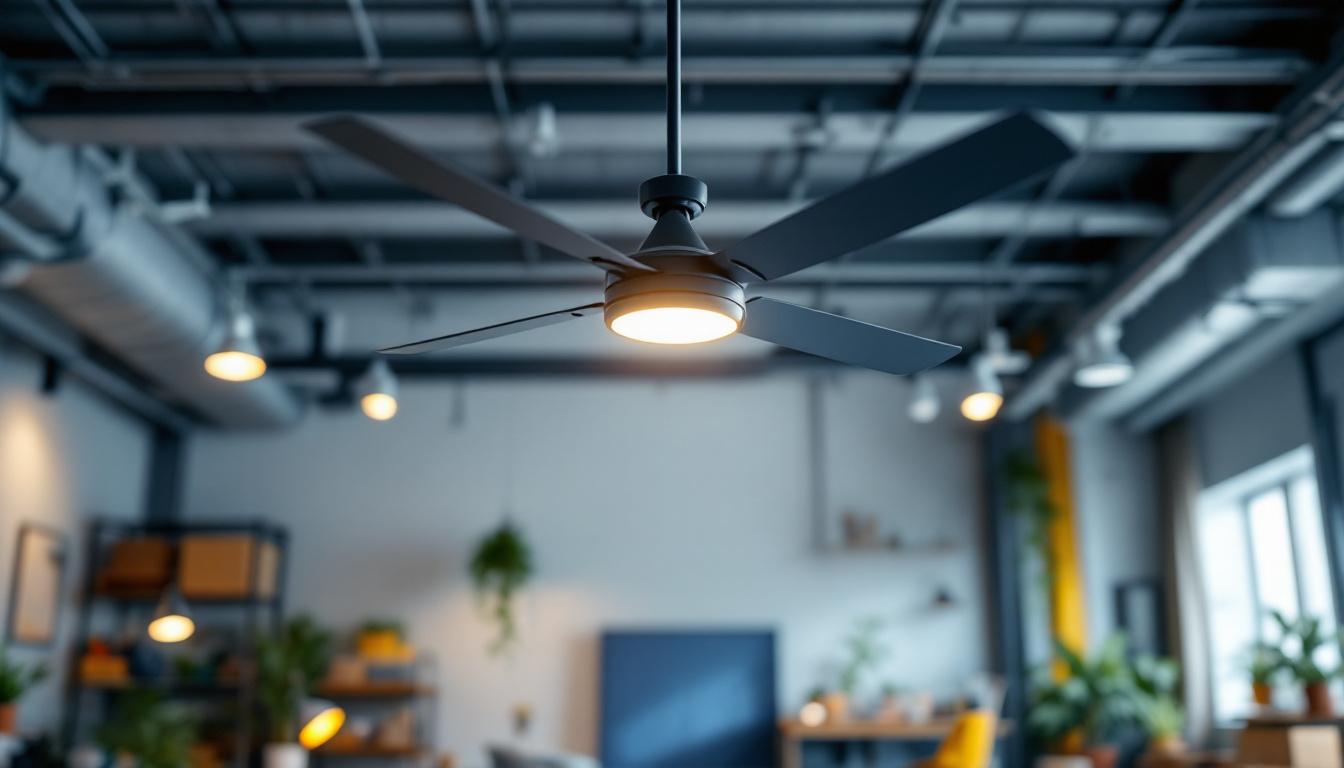
In the world of lighting installation and maintenance, the electrical light box plays a pivotal role. It serves as the foundation for any lighting project, ensuring that fixtures are securely mounted and connected to the electrical supply. For lighting contractors, mastering the nuances of light boxes can significantly enhance the quality of work and the overall satisfaction of clients.
Electrical light boxes come in various shapes and sizes, each designed for specific applications. From standard junction boxes to specialized options for outdoor installations, understanding the right type of light box to use can set a contractor apart from the competition. This knowledge not only aids in compliance with safety standards but also ensures that installations are efficient and durable.
At its core, an electrical light box serves multiple functions. It provides a secure housing for electrical connections, protects wiring from damage, and offers a mounting point for light fixtures. Additionally, light boxes can facilitate easy access for maintenance and upgrades, making them a critical component in both residential and commercial projects.
Moreover, the design of the light box can impact the aesthetics of the installation. A well-chosen light box can blend seamlessly with the surrounding environment, enhancing the overall look of a space. This attention to detail can be a deciding factor for clients when selecting a contractor. Furthermore, the choice of materials used in the construction of light boxes can also influence their longevity and performance. For instance, metal boxes may provide superior durability in high-traffic areas, while plastic options can offer lightweight solutions for less demanding environments.
There are several types of electrical light boxes available, each suited for different applications. The most common types include:
Understanding the specific requirements of each type can help contractors make informed decisions, ultimately leading to better project outcomes. Additionally, it’s essential for contractors to stay updated on the latest advancements in light box technology. For example, some modern light boxes now come equipped with built-in features such as integrated surge protection or smart technology compatibility, allowing for more sophisticated lighting control systems. This evolution not only enhances functionality but also caters to the growing demand for energy-efficient and smart home solutions.
In the competitive landscape of lighting contracting, building strong relationships with clients is crucial. One way to achieve this is by demonstrating expertise in electrical light boxes. When clients see that a contractor is knowledgeable about the intricacies of light boxes, it fosters trust and confidence in their abilities. This trust is not merely transactional; it lays the groundwork for a partnership that can evolve over time. Clients are more likely to return for future projects or refer the contractor to others when they feel assured that their needs are understood and prioritized.
Moreover, contractors who can effectively communicate the benefits of different light box options to their clients are more likely to secure contracts. By explaining how the right light box can enhance safety, improve aesthetics, and facilitate maintenance, contractors can position themselves as valuable partners in the project. This educational approach also empowers clients, allowing them to make informed decisions that align with their vision and budget. When clients feel involved in the decision-making process, it strengthens their connection to the contractor, creating a collaborative atmosphere that can lead to innovative solutions.
Safety is a paramount concern in any electrical installation. By educating clients about the safety standards associated with electrical light boxes, contractors can further establish their credibility. Discussing the importance of using UL-listed products, understanding load capacities, and adhering to local building codes can reassure clients that their project is in capable hands. This knowledge transfer not only helps clients feel secure but also positions the contractor as a responsible professional who prioritizes safety above all else.
Additionally, providing clients with information on the potential risks of improper installations can help them appreciate the value of hiring a knowledgeable contractor. This proactive approach not only enhances client relationships but also minimizes the likelihood of costly mistakes down the line. By sharing case studies or examples of past projects where safety standards were not met, contractors can illustrate the real-world implications of neglecting these critical aspects, further emphasizing the importance of their expertise.
Every lighting project is unique, and clients often have specific needs and preferences. By offering customized solutions that incorporate the right electrical light boxes, contractors can differentiate themselves from competitors. This might involve recommending specific types of light boxes based on the project’s requirements or suggesting innovative installation techniques that enhance functionality and aesthetics. Such tailored recommendations not only address the immediate needs of the project but also reflect a deep understanding of the client’s vision and goals.
Customized solutions not only meet client needs but also demonstrate a contractor’s commitment to quality and excellence. This level of service can lead to repeat business and referrals, further solidifying a contractor’s reputation in the industry. Furthermore, by following up with clients after the installation to gather feedback on the performance of the light boxes, contractors can show that they value their clients’ opinions and are dedicated to continuous improvement. This ongoing dialogue can lead to long-term relationships, where clients feel comfortable reaching out for future projects or upgrades, knowing they have a reliable partner in their contractor.
Efficiency is key in the world of contracting, and the installation process for electrical light boxes can significantly impact project timelines. By streamlining these processes, contractors can save time and reduce costs, ultimately leading to higher profitability.
One effective strategy is to standardize installation procedures for different types of light boxes. By developing a clear set of guidelines for each type, contractors can ensure that installations are completed quickly and accurately. This not only enhances productivity but also minimizes the risk of errors, which can lead to costly delays.
Incorporating technology into the installation process can also lead to significant improvements in efficiency. For instance, using digital tools for planning and design can help contractors visualize the project before installation begins. This can identify potential issues early on, allowing for adjustments that streamline the installation process.
Additionally, leveraging project management software can help contractors keep track of timelines, materials, and labor costs. This level of organization can lead to smoother installations and a more professional image in the eyes of clients.
Investing in training and development for staff is another effective way to streamline installation processes. By ensuring that all team members are well-versed in the latest installation techniques and safety standards, contractors can enhance the overall quality of their work.
Regular training sessions can also foster a culture of continuous improvement within the organization. When staff members feel empowered and knowledgeable, they are more likely to take pride in their work, leading to better outcomes for clients.
In a competitive market, effectively marketing expertise in electrical light boxes can set a contractor apart from the rest. A well-crafted marketing strategy can highlight the unique skills and knowledge that a contractor brings to the table, attracting more clients and securing more contracts.
One effective approach is to create content that educates potential clients about the importance of electrical light boxes. This could include blog posts, videos, or infographics that explain the benefits of using the right light box for specific applications. By positioning themselves as thought leaders in the industry, contractors can build trust and credibility with their audience.
Another powerful marketing tool is showcasing successful projects that highlight the contractor’s expertise in electrical light boxes. Case studies, testimonials, and project portfolios can provide potential clients with tangible evidence of a contractor’s capabilities.
Including before-and-after photos, detailed descriptions of the challenges faced, and the solutions implemented can help potential clients visualize the value a contractor can bring to their projects. This not only enhances the contractor’s reputation but also serves as a powerful selling point in securing new contracts.
Engaging with the local community can also be an effective way to market expertise in electrical light boxes. Participating in community events, offering free workshops, or collaborating with local businesses can help contractors build relationships and establish a positive reputation.
By positioning themselves as community-oriented professionals, contractors can attract clients who value local expertise and are more likely to choose a contractor who is invested in the community’s well-being.
In conclusion, mastering the intricacies of electrical light boxes is crucial for lighting contractors looking to win more contracts. By understanding the importance of these components, enhancing client relationships through knowledge, streamlining installation processes, and effectively marketing expertise, contractors can position themselves for success in a competitive market.
As the landscape of lighting contracting continues to evolve, staying informed about the latest trends and technologies related to electrical light boxes will be essential. Embracing innovation, prioritizing safety, and focusing on client satisfaction will not only lead to more contracts but also establish a contractor’s reputation as a leader in the industry.
Ultimately, the key to winning more lighting contracts lies in a contractor’s ability to deliver quality work, foster strong relationships, and continuously improve their skills and knowledge. By making electrical light boxes a focal point of their expertise, contractors can unlock new opportunities and achieve greater success in their endeavors.
Ready to elevate your lighting projects and outshine the competition? LumenWholesale is here to support your journey to success. With our extensive selection of top-quality, spec-grade lighting products at unbeatable wholesale prices, you can confidently tackle any project knowing you have the best value in lighting. Say goodbye to local distributor markups and hello to superior lighting products, free shipping, and the convenience you deserve. Take the next step towards winning more lighting contracts and discover our wholesale lighting solutions today.

Discover how bathroom LED lights can transform your energy consumption and reduce your carbon footprint.

Discover how industrial style ceiling fans can be a game-changer for lighting contractors, offering a stylish solution that enhances energy efficiency and reduces operational costs.

Discover common LED sport light mistakes lighting contractors make and learn expert tips to avoid costly errors.

Discover how the innovative Light Bed approach can transform your lighting installation projects into profitable ventures.